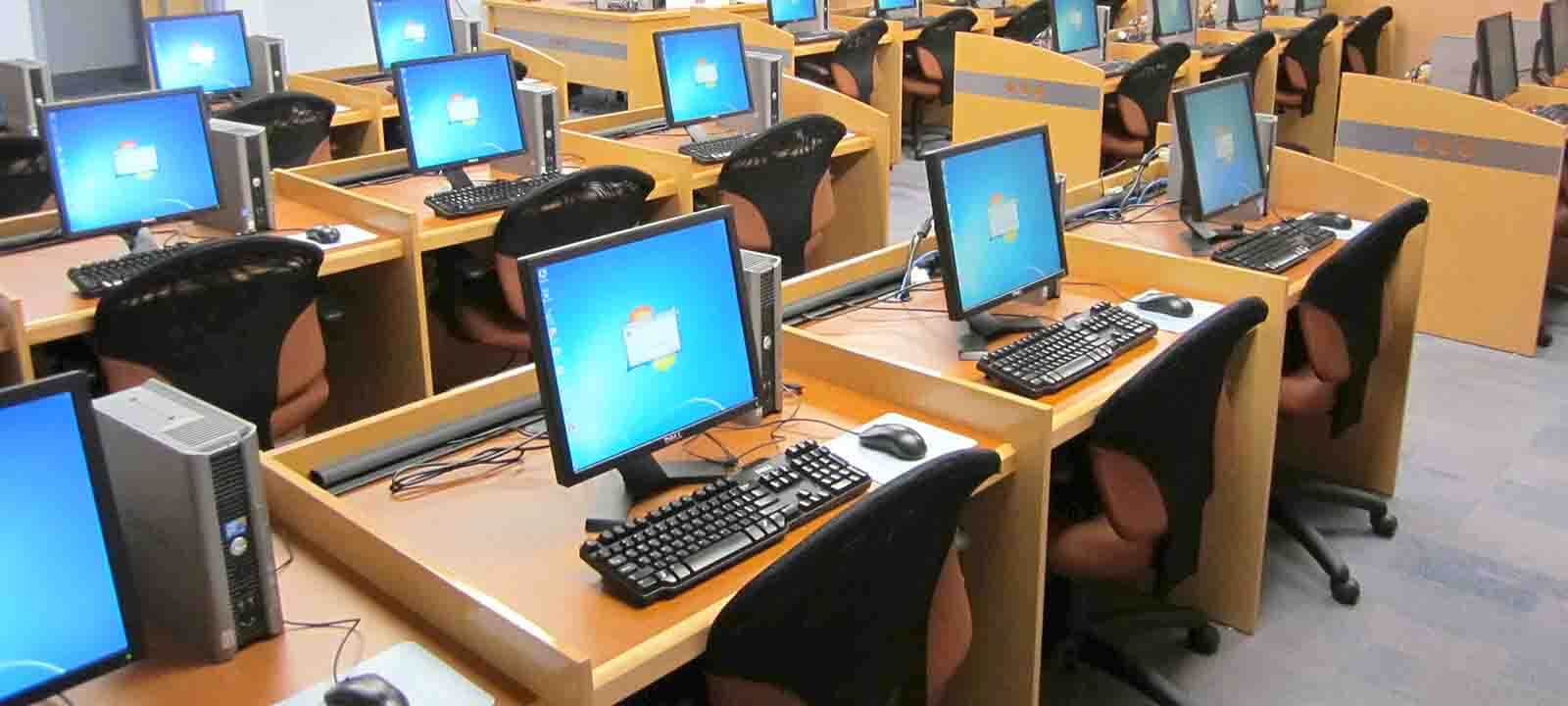EJIRO AWHANA relives the digital life of Nigerians at the twilight of the 20th century when the cybercafé was synonymous with business centre
Once upon a time, cybercafés were going concerns in Nigeria. They were so profitable that there were never too many of them. On a major street, there could be as many as four cafés.
Today, these cafés have either closed shop or diversified business. Internet fraudsters, who used to be the biggest clients, no longer visit them. These days,they have mobile offices.
Changing times
How did such a business go under? Times have changed and the society no longer needs the services of the cafés that much.
However, there are still some business centres around that offer skeletal internet services such as registration for examinations and checking of results, course registration for tertiary institutions and payment of utility bills.
Cybercafés offered not only internet services to its customers; they also offered basic computer training, in an age when computers were relatively new in the country.
Late-comer
Nigeria, like the rest of Africa, joined the race late. Although the rest of the world was already enjoying the benefits of the internet as far back as the 80’s, the internet did not come into use in the country until the late 1990’s.
There were very few homes that had internet connectivity, so the cafés came handy to the general public for internet access.
Kayode Savage, former manager of Bethel Computer Services, one of the pioneer cybercafés in Surulere, Lagos State, said that in 1998 when he was a
manager, business was so good that in two years they opened three other outlets.
Kayode narrated how they had customers wait in line for as long as one to two hours before it got to their turn.
“We would have as many as three people waiting to use one computer at any given time. We were always settling disputes between customers and the place was always busy,” he said.

Limited hot cake
As at the time cybercafés were the rave, there was a constant need for the management of these cafés to keep up with the times and trends. They introduced midnight browsing when they realised that a good number of their clientele were fraudsters who needed to be active at certain hours of the day.
Enter cheap internet access
Those days are over, as over 100 million Nigerians are cybercafés to themselves. All thanks to the smartphone.
Cybercafés started to lose clients when various internet service providers entered the market and sold modem and data like akara (fried bean cake). Multilinks, Starcom and Visafone slashed their prices and commonised internet services.
Bethel Computer Services closed shop five years ago, after two struggling years.
The story of Bethel is not strange, as many other cybercafés in Nigeria have gone under. This is due primarily to the advent of more affordable mobile internet services by telecommunication companies.
Innovation magic
The tale of Bethel and countless others, albeit sad, is not the same for all businesses, as many other cafés still hold on and keep the business afloat. Cafés that have weathered the storm have been able to do so not by superior business strategy, or even good public relations and innovation.
Goshen Ventures in Ikorodu, Lagos, used to be a cybercafé. When it began operations in 2003, it was the only business that offered the service in the area. Long queues of people waiting to use the internet graced the business. Business was good and the owners had to rent a bigger office space. Even with other businesses offering the service, they still held their own.
Today, Goshen Ventures is a far cry from what it used to be. It has morphed into a computer training institute where people are trained in basic and advanced computer knowledge.
The proprietor, Mr Emmanuel Akinjide, said he had to convert the business to strictly cater for the needs of people who wish to advance their computer skills.
“We no longer had people coming in to browse or surf the internet; they now use their phones instead. So i decided to convert the place to a training institute,” he explained.
Cafés as history
Whether there would ever be a need for people to visit cyber cafés again, Akinjide said those years were gone,as people could do all they need from their phones or laptops.
Like other entrepreneurs, Akinjide refused to throw in the towel; instead, he diversified because of the present age and time no longer supports that business model.
The cybercafés gone, business centres remained to offer typing and printing services, desktop publishing, registrations, checking and printing of results, etc. Some even go as far as offering agency banking and lotto services.
Former cybercafés soon adopted this business model as they realised that although almost everyone has access to the internet, not many of them had printers, scanners and photocopiers.
The need is still there for people to visit these places, but the glory days of cybercafés are far-gone and patronage can never be what it used to.
Get real time update about this post categories directly on your device, subscribe now.



